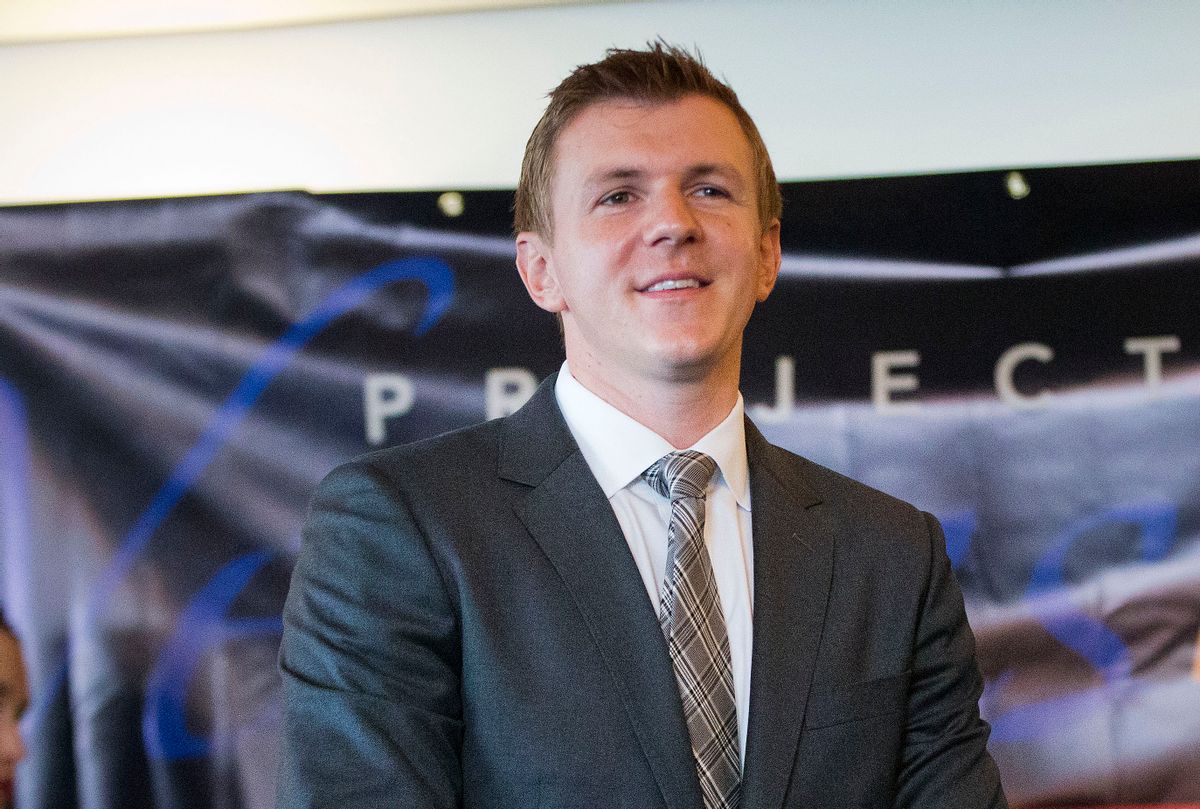Founded by far-right provocateur James O’Keefe in 2010, Project Veritas are known for their use of hidden cameras, secret recordings and fake social media accounts. And it is the latter that could be especially problematic for Veritas at Facebook, which has a policy against what it calls “coordinated inauthentic behavior.”
Facebook’s policy is designed to counter things like Russian troll farms posing as American political groups and spreading false information. A report by Sam Biddle for The Intercept takes a close look at Veritas’ practices and Facebook’s “coordinated inauthentic behavior” policy, noting the possible conflicts between the two.
Biddle describes Veritas as a “hybrid of an opposition research shop and a ranting YouTube channel” and explains that its targets have ranged from Planned Parenthood to billionaire Democrat George Soros. And Veritas loves to bait its targets with false information: for example, O’Keefe reportedly posing as a fictional teen’s 23-year-old boyfriend in the hope of defaming Planned Parenthood — or offering a fake story on 2017 Alabama Senate candidate Roy Moore to the Washington Post in the hope of making that publication look bad.
“Project Veritas has systematically deceived not just targets on the left and viewers on the right, but Facebook users as well — their official page has over 200,000 followers — at a time when the company is publicly dedicated to fighting this sort of systemic duplicity,” Biddle explains. And the Intercept spoke to political organizer Lauren Windsor, who has extensively researched Veritas’ activities and considers them to be in violation of Facebook policies.
Windsor explained to Biddle that she “documented several instances of PV violating Facebook’s terms by creating fake profiles. We thus have the admission of intent by the organization and evidence of action by multiple of its agents.”
Emerson Brooking of the Atlantic Council’s Digital Forensics Research Lab told the Intercept that Veritas’ “creation of fake Facebook personas for the purpose of deception” is clearly an example of “coordinated inauthentic behavior and abuse of the Facebook platform.”




Shares